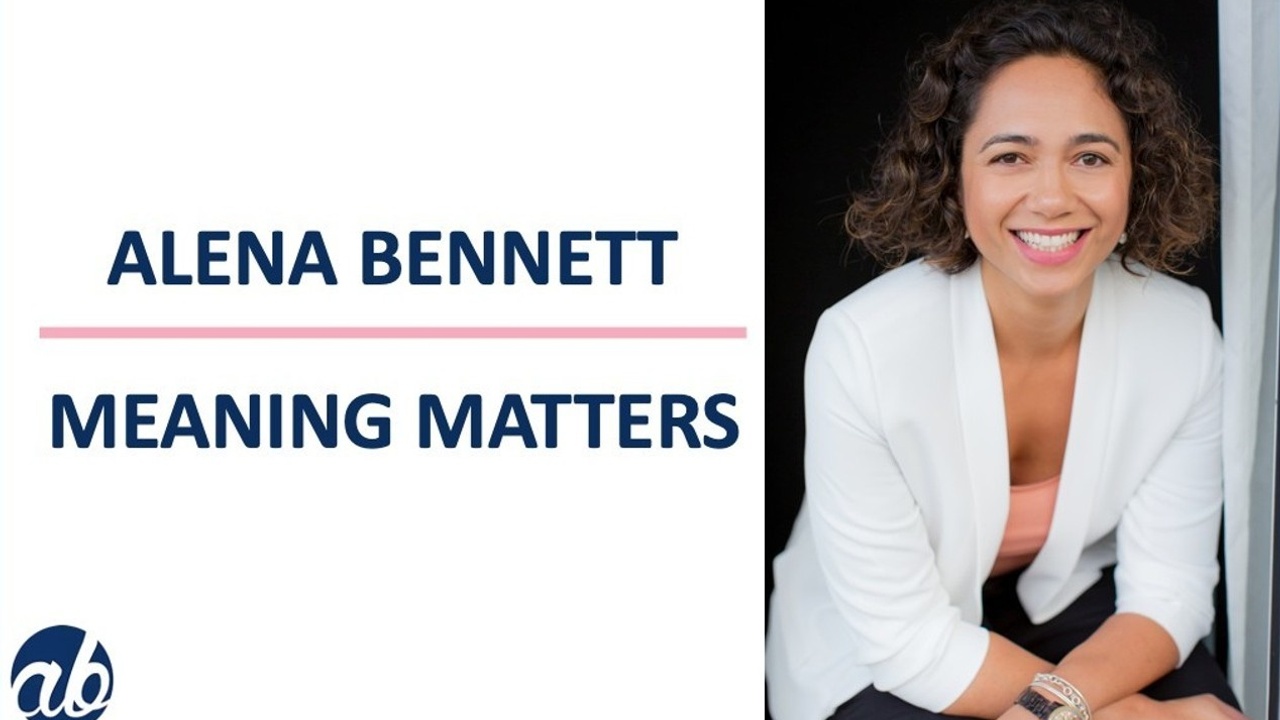He concluded it must have been my children, "but I'll lodge the fraud claim anyway".
I was devastated. The mumma bear in me rose up through my body in protection – it felt like he was accusing my children and I didn't like it. "What do you mean?", I asked? "I understand that these things happen, and I'm happy to stand corrected, but what additional data points do you have that lead you to draw that conclusion? Don't I get the benefit of the doubt here?" The conversation went south.
The challenge with conversations about finances
While we, admittedly myself included, can be quite detached from the numbers in the financial statements – in the name of objectivity and integrity, mind you - the numbers in our ledgers are deeply personal. They represent the blood, sweat and tears shed by the people in our business:
· The overtime worked at the expense of a family meal, a gym class, a catch-up with friends.
· The decision-making stress that someone has shouldered in pushing 'go'.
· The insecurities brought up when something didn't quite go to plan and performance was less than expected.
· The earning potential of the people in our business: will they be able to pay their bills this month or take their family on their much-needed holiday?
The numbers represent the financial performance of our businesses, yes, but they really represent the efforts of people. As CFOs, we need to keep this front of mind when it comes to having data-driven conversations.
The 'who' we talk to about our numbers deeply matters when it comes to telling the story behind them.
A metric that can help us be more empathetic: Return on Effort
In my business, as you'd expect, we are very data-driven. We regularly review metrics, lead and lag indicators, and these change as the business evolve. Return on effort (ROE) is one that we've found useful especially as the team has expanded. I find ROE a useful barometer of the business – I know the team is working hard, and I know I am as well, but do the numbers reflect the effort? We're obsessed with looking at ways to simplify processes, remove the friction out of handover points and reducing points of failure. I want my business to be successful in the most friction-free way for me and my team. I want it to be as easy as possible so that we can enjoy work, enjoy life outside work and be fulfilled that we've made an impact and contributed in a positive way.
Sound familiar?
Reviewing ROE recognises the 'effort' involved in the numbers. It allows you to shift into empathy and think in terms of 'I know the team are working hard, but is it yielding the right result?' and if it's not, you can approach them and the issue with greater impact. "Greg, I know you and your team are working hard to get this over the line. I see the hours you're doing and when you finish it's going to be brilliant. I'm looking at the numbers, and I'd like to know what I can do to help you get there easier." Far better than "Greg, you're halfway through the project and the numbers indicate you're not on track to deliver. What's going on?"
The "Inspirer" CFO has this right
I previously introduced the idea of the Integrator CFO: one that has ascended Playmaker and through their focus on creating opportunities and playing for significance (not status) has successfully integrated their high performance habits personally and professionally. The level above The Integrator is The Inspirer. The Integrator gets there by focusing on 'flow'.
In his book, Flow, Mihaly Csikszentmihalyi, defines flow as "a state in which people are so involved in an activity that nothing else seems to matter". While being in flow isn't 'easy' there is an inherent ease that accompanies being in flow. This is why a pursuit of ease in your workflows through a focus on the return on effort ratio is so useful.
It is that sense of ease that The Inspirer has that results in the 'gravitas' many of us seek. The Inspirer's confidence doesn't come from ego – it's that ease, flow and focus that gives them that intangible aura and makes them magnetic.
What can you learn from The Inspirer CFO?
The inspirer CFO is still focused on the numbers. But what they are so good at is reducing the unnecessary effort that is often expended in business caused by politics, siloes and ego. They cut through that and understand that the most effective way to have impact and create value is by recognising that people are their most important asset.
It's the people behind the numbers that count so remember...don't offend their kids ;-)


